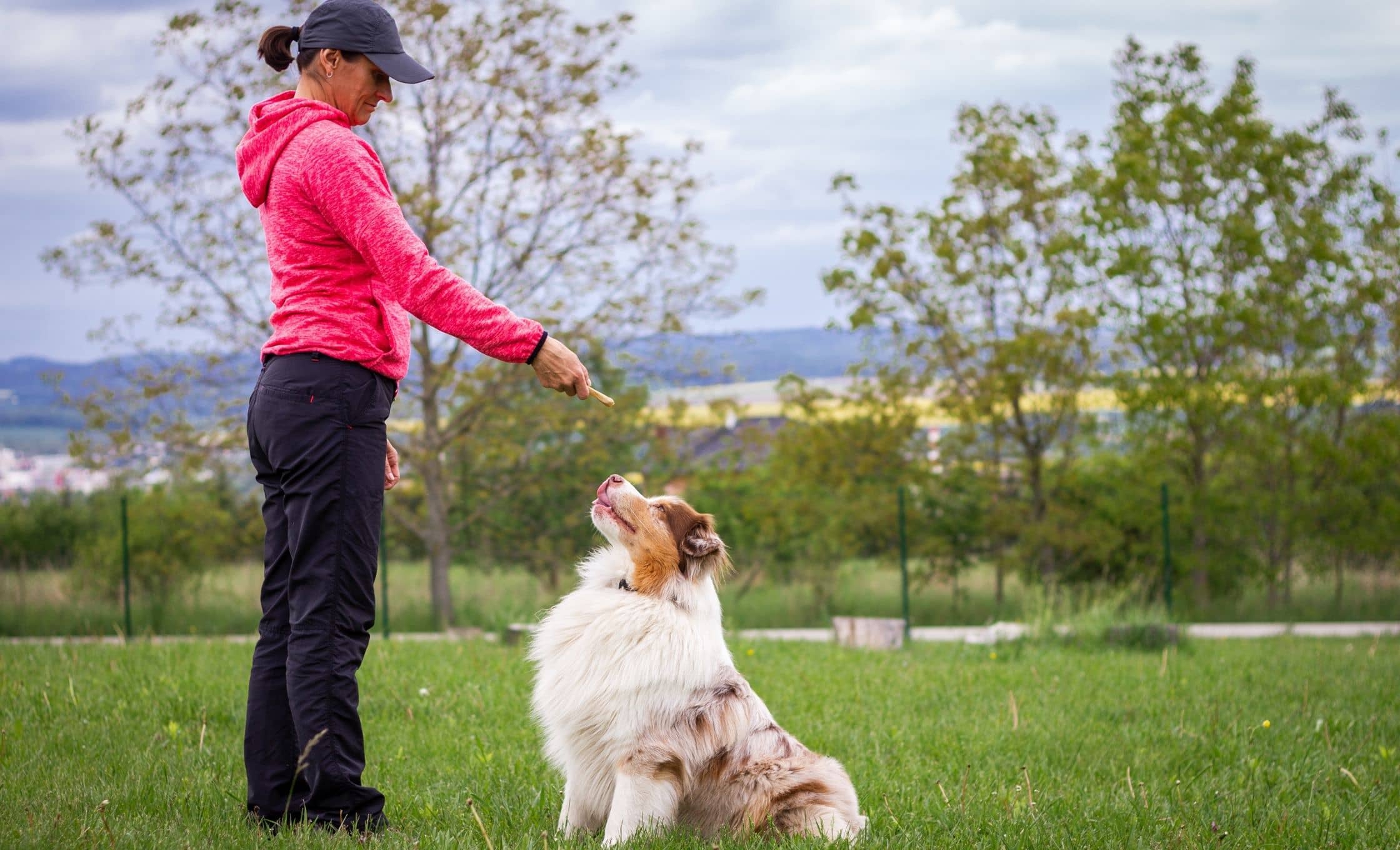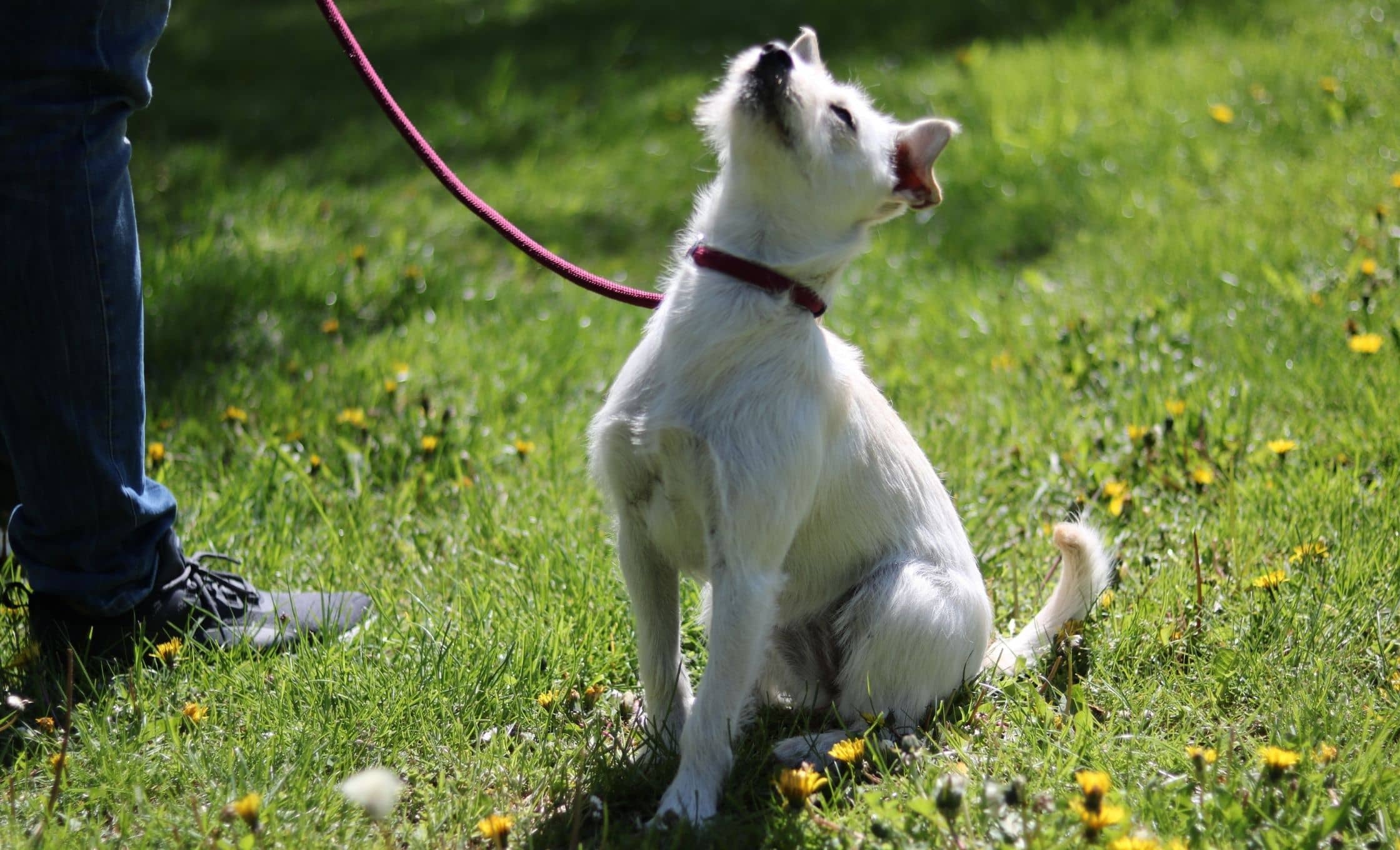You & Your Pet
Become a Registered Team
Share the Love
Become a Pet Partners Team!
Central Arkansas Pet Partners helps others to become Pet Partners® teams by sponsoring Pet Partners® Handler Workshops and Pet Partners® Evaluations four (4) times a calendar year. We also offer Paws & Practice sessions so hopeful teams can judge if they are ready to evaluate.
Handler Workshop
Paws & Practice
Evaluation
FAQ
Handler Workshop
Paws & Practice
Evaluation
A Three-Step Process
How to Become a Pet Partners Team

Handler Workshop
A one-time, full-day workshop that covers all of the basics for handlers. We cover animal handling, control protocols, and best practices for interacting with clients.

Paws & Practice
A group of experienced Pet Partner handlers will work with you and your animal during this optional event to practice for your final evaluation.

Evaluation
Your evaluation is the final test to ensure that both you and your animal are ready to work as a Registered Pet Partner Team interacting with clients!
The Human End of the Leash
Handler Workshop
Pet Partners® Handler Workshop is required as part of the registration process to become a Pet Partner® team with your animal. The course may be taken either in person or online. The in-person course is a great opportunity to ask questions of experienced Pet Partners® volunteers, make connections in your local community and witness an entire demonstration of an Evaluation. However, there may not always be a course in your area at a time that works in your schedule, so the online course has been built with that in mind.
The Course is a one-time, full-day experience for the “human end of the leash”. Your animal partners will be involved in later activities. Central Arkansas Pet Partners, offers four Pet Partners® Handler Workshops per calendar year. It is an opportunity for the person to receive thorough training in the responsibilities and considerations necessary for successful volunteering.
The coursework addresses stringent infection control protocols, proactive and safe animal handling, and best practices for interacting with clients.
As a result, teams are prepared, inspiring confidence while visiting. The degree of preparation also offers institutions reassurance. Teams also have access to top-of-the-line continuing education opportunities, including full courses and webinars developed in line with current research.
Individuals between the ages of 10 and 17 must be accompanied by a parent or guardian.

Learning Together
Paws & Practice
Paws & Practice is a designated place and time in which Handlers planning to be evaluated for Pet Partners can practice, with their animal, before the actual evaluation. A group of experienced Pet Partner handlers will work just with you and your animal to practice the skills necessary to pass the Pet Partner evaluation. You will be given a 30 to 40-minute time slot just for you and your animal. As you practice, you will be given feedback, tips on improving skills, and an opportunity to ask questions.
Paws & Practice is not a Pet Partner, Inc. sponsored activity, nor is it a pre-requisite to the evaluation but is an opportunity to “fine-tune”, offered by Central Arkansas Pet Partners.

The Final Test
Evaluation
Your final evaluation is just a review to ensure that both you and your animal are properly prepared to interact with clients. You will need to bring all required documentation and tools as well as your animal.
Please see our FAQs below for a list of what to bring to your evaluation.
Individuals between the ages of 10 and 17 must be accompanied by a parent or guardian.
If you are requesting modifications to evaluation exercises or permission to use equipment not listed as acceptable, a letter of accommodation provided to you by Pet Partners.
Member Insight
“I thought my job during visits was to direct every moment when in reality my job is much simpler. I drive the car, hold the leash, introduce Boom to the client and let him do the rest.” Every time we park the car before a visit I tell him the same thing – let’s go make someone’s day a little better.” – Vanessa Crossfield, Education Director

HAVE QUESTIONS?
FAQs
Who does Central Arkansas Pet Partners help?
We visit people of all ages in need of care and comfort in hospitals, nursing homes, care facilities, veterans’ centers, hospices, courtrooms, and schools.
Anywhere that Animal Assisted Interventions and Animal Assisted Activities (therapy and education) are allowed, we can partner.
How does animal-assisted intervention work?
The animal-human connection provides us with a wide variety of benefits, including reduction of stress and anxiety, increased production of endorphins, lower blood pressure, increased movement, and a sense of community.
Animal-assisted intervention includes emotional comfort as well as goal-directed activities like recovering mobility and facilitating social interaction.
How long does it take to become a Pet Partner Team?
This depends on your schedule. Handler Training Workshops are held four times a year–generally every three months.
After you complete Handler Training, Paws & Practice groups are held regularly to give you an opportunity to practice with your animal and receive feedback. Evaluations are scheduled four times a year.
Generally, it takes a month or two from the time people successfully complete their Evaluation for new teams to start visiting clients.
What kind of animals can be Pet Partners?
Dogs are the most common species of therapy animal, but we also work with cats, horses, rabbits, pigs, birds, llamas and alpacas, guinea pigs, and rats!
For dogs to be eligible, they must be at least one year old and have been living with the handler for at least six months.
What should I bring to my evaluation?
What to Bring to Your Evaluation:
- Your completed Handler’s Questionnaire Form for team evaluator review
- Proof of current rabies vaccination, such as a certificate or vaccination records from the veterinarian
- A towel, small blanket or basket, if the animal will be carried
- An acceptable collar or harness and an acceptable leash
- Course Completion Certificate for either the in-person Handler’s Workshop or the Online Handler Workshop for new teams; a previous Pet Partners badge for renewing teams.
- A brush or comb that the animal is accustomed to, and that would be appropriate to take on a visit
- Treats to use for one specific evaluation exercise, but note food rewards may not otherwise be given during the evaluation
What is considered acceptable equipment for my evaluation?
The type of equipment that your animal wears during the evaluation is the same type that it must wear when visiting. Animals evaluating for the first time with Pet Partners should wear only their collar or harness and a leash – vests and bandanas are not permitted.
- Harnesses: front clip, back clip, step in, vest or slip harness. A harness may have multiple connection points, but only one connection point is acceptable to be used for the evaluation or while visiting. The harness should fit the animal properly and the animal should feel comfortable wearing it.
- Buckle, snap or quick-release collars in leather, fabric or other breathable synthetic materials.
- Limited-slip collars (such as Martingales), provided that they don’t include metal links
- Halters/head collars.
- Leashes or leads, no more than 6 feet in length, made of leather, fabric or synthetic material, with only one connection point.
- Metal hardware, such as buckles, slip rings and D-rings are acceptable as part of any of the above equipment.
The following are examples of equipment that’s considered inappropriate for both evaluations and visits:
- Special training collars, such as prong, electric or spray collars.
- Metal collars and harnesses, including Martingales that have metal links.
- Full-slip collars of any type.
- Leashes that have any amount of metal chain.
- Retractable leashes.
- Leashes that are longer than 6 feet.
- Hands-free leashes, such as those secured around the handler’s waist or shoulder.
- Pouches, purses or bags designed to carry an animal.
- Novelty items: please refer to our Costumes FAQ in the Resource Library
- Service Animal Equipment with or without the service animal designation: Anyone wishing to use a specially designed harness for service animals must request and receive an accommodation from Pet Partners for the use of the equipment while on a therapy animal visit. It will be up to the Team Evaluator to determine if the equipment is in fact acceptable to Pet Partners standards.
- Strollers, Carts, and Wagons: To use a stroller or a cart you do need to request accommodation for the use of the equipment. The team evaluator will be responsible for approving the stroller chosen at the time of the evaluation. All strollers and carts should be clean and safe for both the client and the animal. Pet Partners does not currently allow the use of wagons or any other device that is pulled versus being pushed.
About Brushes:
Brushes are useful tools to have while you’re visiting because they offer a way for people to interact with your animal. The brush that you bring to the evaluation doesn’t need to be the same one that you use to routinely groom your animal. The brush that you use as your “visiting brush” should minimize the possibility of unintentional injury to both your animal and the clients. Soft bristles and plastic handles are best. Wire bristle brushes and combs with metallic teeth aren’t considered acceptable

